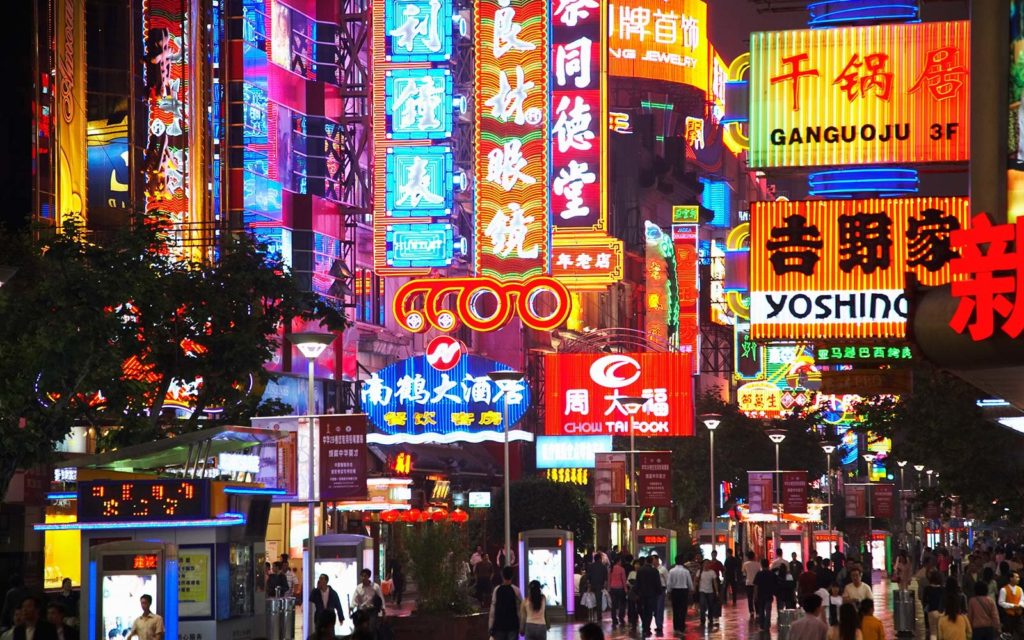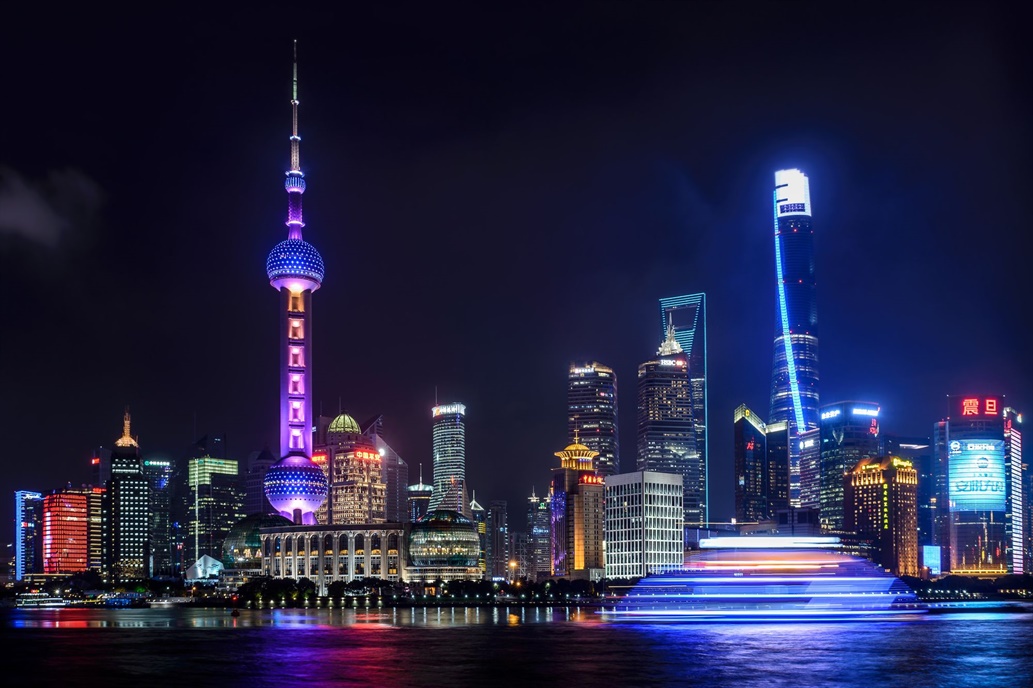Now 140 million surveillance cameras with artificial intelligence in China are part of a technological revolution in citizen security that will serve to keep controlled a population of 1.4 billion people.
Imagine that you walk down the commercial street of Wangfujing, located in the Dongcheng district of Beijing and that hundreds of cameras or lenses recognize you facially with the help of software with artificial intelligence. And not only that, but also monitor and track each step you take, in addition, you are assigned a score according to your behavior.
Like the Nextflix series called 'Black Mirror', we set out a society based on personal qualifications that resulted from interaction with other people. The idea was that everyone tried to act "well" to have a high rating, since having a score below the average caused them to be classified as second class citizens, a kind of social rejection who were sanctioned in many ways .
The Chinese government has created a project that is based on a system that will connect all the credit, financial, social, political and legal qualifications of each of its citizens. This would create a great score of social reliability, which would help to delimit, and inform, the level of confidence that a person possesses.
Social credit
As of May 1, the first rules of the "Social Credit" in China came into force, where the first restriction will be directed to those "unreliable persons", who will be prohibited from acquiring train and plane tickets, regardless of whether they have the need to leave the country due to an emergency or labor issues.
This restriction would last at least one year and after this time there would be a new review to determine if the ban is lifted or extended for another year. The people who would directly enter this prohibition would be those who have committed criminal acts in the last year, who have disseminated false information about terrorism, have caused problems on a flight, as well as those who used expired tickets or were caught smoking inside. some train.
Also, citizens who have committed financial infractions, such as employers who have not paid social security, people who have not paid their fines and even those who have issued an apology that is considered "disingenuous" will also be entitled to this sanction. It prohibits traveling by train or plane.
It is still not clear what the score will be for the rest of the Chinese citizens, since they only mention concrete cases like the ones we have just seen and leave aside minor infractions, such as leaving the bicycle in a pedestrian crossing. In this case, it is not known how the score of each person or the "black list" can be consulted.
China estimates that the full version of its "Social Credit" is available in 2020 because behind the implementation of the digital control and measurement algorithms, there are large Chinese technology corporations such as Alibaba (the Chinese Amazon), Tencent or Didi (the Chinese Uber). The data of each individual is collected from multiple sources (public administrations, private companies, social networks, cameras in the streets ...) in order to parameterize and measure the "correct behavior" of citizens.
What happens to those who descend to low positions? They are punished progressively to induce a change in their behavior. They can be forbidden, for example, to take a plane (until May 2018, 11 million passengers were blocked access to their flights, checking their low social rankings at the boarding gate). The access of their children to certain schools (the best ones) is prevented. Their internet connection speed is reduced. They are denied bank loans, bureaucratic procedures, or access to hotels. And, of course, the score in the social credit system determines the possibilities of accessing a good job.

How they define the profile of the person
The system observes indicators such as where people surf when they connect to the internet, who their friends are and what ranking they have (who they are around), what they say in their private messages on social networks, how many traffic fines have been accumulated, What solvency do they have in their payments, what academic record can they credit, what are their purchases, what do they do in their free time (spending too much time playing video games, for example, is it penalized), what newspapers do they read, how many times they have been married or why? where they move Massive flows of data from public records, from online purchases at companies such as Alibaba, the positions of their mobile phones, or their conversations on WeChat (the Chinese WhatsApp) are automatically analyzed by robots to configure their digital identity and compare their behavioral profile with that desired by the government. With this, your social score is obtained and it is placed in the ranking.
The Chinese government requires citizens to have a surveillance application on their phones, as well as being spied on 24 hours a day through more than 20 million cameras equipped with artificial intelligence.
If confidence is broken, there will be consequences
Contrary to what many of us might think, the majority of Chinese citizens agree with this new measure, since today there is no system that keeps the credit registry of each person in the country, caused that, for For example, many do not even have a credit card.
It is said that there are currently eight private companies that have created pilot databases to begin gathering information from citizens. Sesame Credit is one of these companies, belongs to the giant Alibaba and has begun to implement this type of scoring system for social credit.
Sesame Credit determines the score of each person according to a series of factors, which go through an algorithm that determines the type of person who is requesting the credit. Among the information that is collected are the traffic fines, the timely payment of taxes and the type of purchases that you usually make, either online or physically. With all this information, the system can tell if it is an inactive citizen in case he only buys video games, or if he is a responsible family father if diapers and baby food stand out in his purchases.
Those who obtain a high score will have benefits such as renting bicycles or cars without having to leave a deposit, or access preferential queues in stores, banks and hospitals. Even Sesame Credit offers the possibility of each citizen to show their ranking in social networks and thus prove that they are someone they trust.
In summary this article has a goal, and this is to point out what is possible to do with technology, and on the other hand, to be closer to a society determined by categories or digital "rankings" of behavior. In the cases indicated, the best scouts will avoid all contact with the worst, while the latter will desperately try to relate to someone "better". A person with a low social ranking will be systematically avoided by those around them. Even marriage contact companies compare the social rankings of their users to prevent asymmetric couples from forming. But what is the "desirable" behavior that sets the optimum of the measurement patterns? Who designs the optimum, and with what criteria? Visiting websites from other countries, or reading political essays of a certain type is "antisocial"? Is critical thinking not desirable? In this sense, it is worth asking: what is the final destiny of that society?
DO YOU WANT TO COMMENT ON THE ARTICLE?
